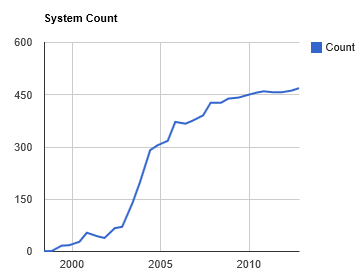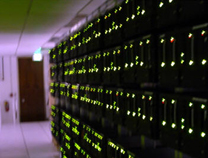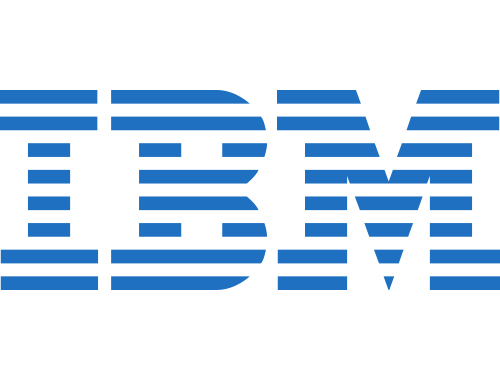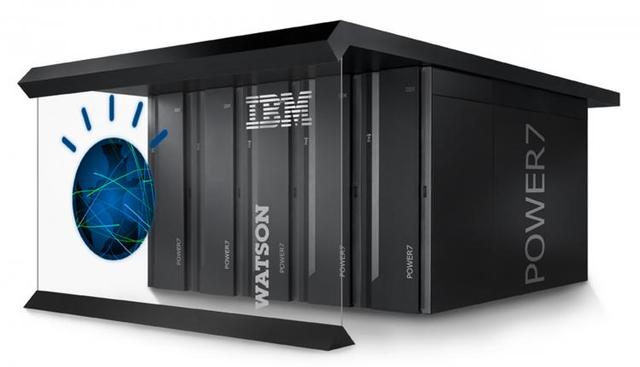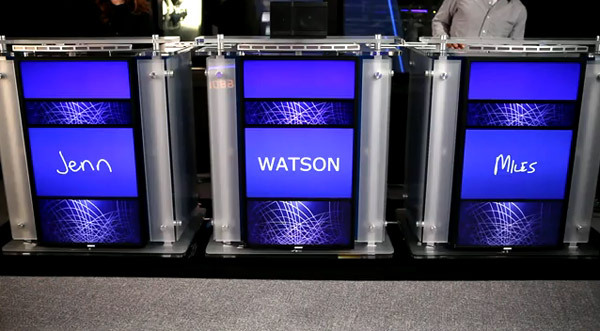The UK government has announced that Edinburgh will be home to a new exascale supercomputer. The computer will be 50 times more powerful than the UK's best supercomputer, the ARCHER2.
Supercomputer RSS
Oak Ridge National Laboratory's Frontier supercomputer has held onto its massive lead in the TOP500 supercomputing list. It still remains the only exascale supercomputer and has extended its lead.
The UK is planning to spend nearly £1 billion to develop a new exascale supercomputer. The plan was unveiled during the Chancellor's Spring Budget. There's also prize money for those who advance AI.
Microsoft reveals a new AI virtual machine that can be used by companies to power AI features, and also explains more about it worked with OpenAI in the first place to create the ChatGPT computers.
Oak Ridge National Laboratory's Frontier supercomputer has held onto the top spot in the TOP500 list of supercomputers. The systems in second and third place remain far behind Frontier.
NASA has announced that is going to upgrade its ancient 30-year old systems with state of the art technology. The next-gen computing systems are going to be around a 100 times faster.
Oak Ridge National Laboratory's Frontier is now the world's most powerful and efficient supercomputer. The machine is powered by AMD's EPYC CPUs and produces a power of 1.102 exaflops.
Meta has unveiled the AI Research SuperCluster. The new supercomputer will help the company to unlock the next generation in artificial intelligence which it hopes to use in AI apps for the metaverse.
Microsoft and the UK's Met Office have signed a new provisioning agreement relating to a supercomputer that will be ready for use in the summer of next year and will make better weather predictions.
Built by Spire, these four nanosatellites will track shipping movements. Two of them have a supercomputer to predict arrival times with ML algorithms, the other are meant to act as relays for comms.
NVIDIA has partnered with University of Florida to build the fastest AI supercomputer in academia. The project would help UF become a leading AI university and advance academic research.
Japan has ranked first place of the TOP500 supercomputer rankings. It came ahead of two U.S.-based systems and two Chinese-built systems. Japan's Fugaku system also ranked ninth for energy efficiency.
The new supercomputer is noted to be the fifth most powerful publicly disclosed one across the globe, and it represents a key milestone in Microsoft's partnership with independent research org OpenAI.
The Folding@Home project is really growing thanks to more people signing up to help scientists research cures for the novel coronavirus. Neowin has a folding team and we'd love for you to join us!
AMD's next-gen Epyc and Instinct will be inside the El Capitan exascale supercomputer. Expected to be the fastest Supercomputer ever, it will be overlooking U.S. nuclear research operations.
The UK is funding a supercomputer which helps to track devastating locust swarms. It also uses predicted weather data to work out where the locusts will move to next, giving farmers time to prepare.
Employing the principles of quantum computing while running on a PC built with off-the-shelf components, Toshiba's Simulated Bifurcation Algorithm churns through market data in microseconds.
Hewlett Packard Enterprise (HPE) has announced its intention to buy supercomputer manufacturer Cray in a deal valued at $1.3 billion. The acquisition is expected to close by Q1 of HPE's FY2020.
The United States has maintained it perch in first place on the TOP500 list. China came in third and fourth place while we wait for its in development exascale supercomputer to make an appearance.
The University of Manchester has switched on its new SpiNNaker supercomputer. The machine is interesting because it emulates the workings of the human brain, albeit on a smaller scale.
The U.S. Department of Energy and IBM this week announced Summit, their latest and greatest supercomputer. Its purported 200 quadrillion calculations per second would make it the fastest in the world.
The European Union is planning to launch a €1 billion project to develop an exascale supercomputer by 2023. The EU hopes the machine will be the world's fastest but it faces a challenge from China.
The first detection of gravitational waves by both LIGO and Virgo detectors was announced this week; a new type of supercomputer using polaritons was successfully tested; and more.
China has announced that its first exascale supercomputer, which will be eight times faster than the Sunway TaihuLight, will be ready by June 2018. China came first place in the 2017 TOP500 list.
Cray has announced two new supercomputers, the 500GT and 500NX. Both of them will have a focus on AI oriented tasks to accommodate a growing demand. Both are compatible with Nvidia Tesla GPUs.
China wants to start working on an exascale prototype supercomputer this year. Being at least ten times more powerful than today's top performer, the exascale device won't be operational until 2020.
Japan is reportedly working on a new supercomputer which it hopes will knock China off its number one spot in the TOP500 ranking list. The finished computer will help advance artificial intelligence.
MIT has developed a new type of processor architecture that solves many of the inefficiencies that come with multi-core CPUs directly through hardware. It makes multi-core chips 18 times faster.
China has topped the TOP500 supercomputer list with a new computer called Sunway TaihuLight. The TaihuLight is capable of 93 petaflops compared to the previous number one, which scored 33 petaflops.
A supercomputer at the Bureau of Meteorology has believed to have been breached by hackers from China, potentially compromising several other Australian Government agencies.
Raijin was unveiled today at the National Computational Infrastructure, where it impressed with operation speeds of around 1.2 petaflops; it's currently Australia's fastest supercomputer.
3 of the world's 500 most powerful supercomputers run Windows, compared to the 469 running Linux. The good news? That's more than in June. The bad news? It's still even less than last year.
Cray has announced its XC30 supercomputer, offering an impressive 100 petaflops of computing power to academics and researchers who might need it. No prizes for making a "that speed cray" joke.
The chipmaker introduced its new product for the HPC market dubbed “Xeon Phi”, a new “co-processor” that will work in tandem with Xeon CPUs to deliver new levels of performances.
IBM now holds the claim of building the world's fastest supercomputer. The Sequoia, installed in the Lawrence Livermore National Laboratory, achieved 16.32 petaflops.
IBM continues to use their technology to take over the world. First Watson became a Jeopardy champion and later the company started pushing their solution to assist doctors in the medical world. Now it appears...
Watson’s goal to take over the world is continuing. IBM’s supercomputer first took out top Jeopardy contestants earlier this year. Now, according to USA Today, Watson is preparing to be used in the medical field...
"Elementary, my dear Watson." IBM's supercomputer, named Watson in honor of IBM founder Thomas J. Watson, bested star Jeopardy contestants Brad Rutter and Ken Jennings and it wasn't even close. Watson ended the day with...
After tackling the world's Chess Grandmaster's, IBM has set its sights on a new and arguably more complicated game: Jeopardy. Chess moves and strategy are computable through algorithms and mathematics, but IBM's Watson is looking...
In the biannual Top 500 supercomputer list, China for the first time has two supercomputers appearing in the top ten fastest machines, but the U.S. continues to outmatch the rest of the world with over...

































_-_img_1104_medium.jpg)

